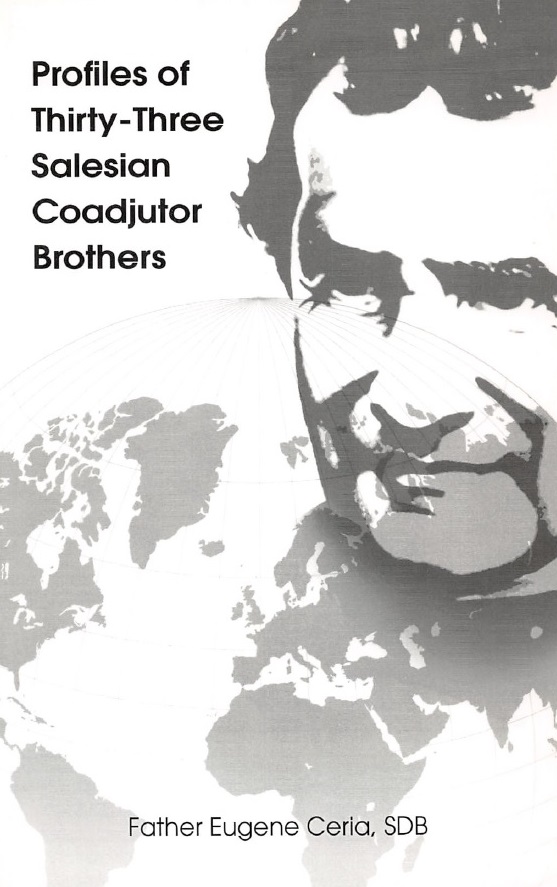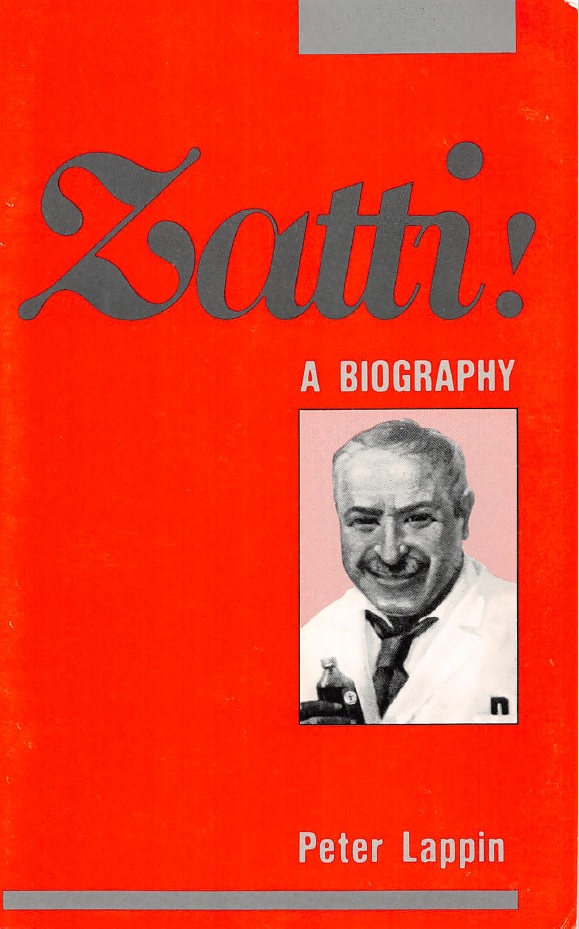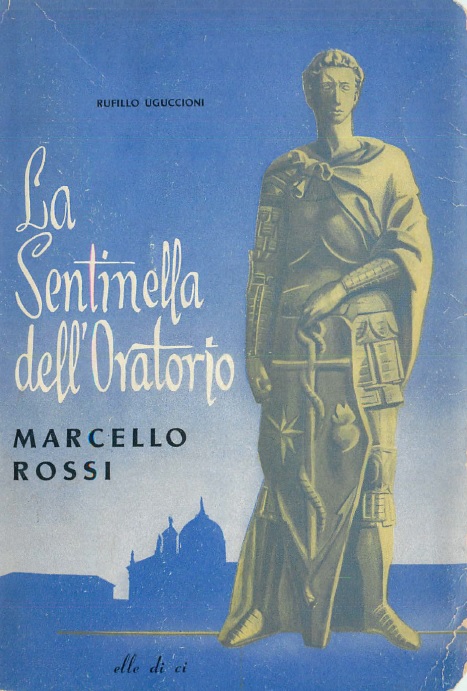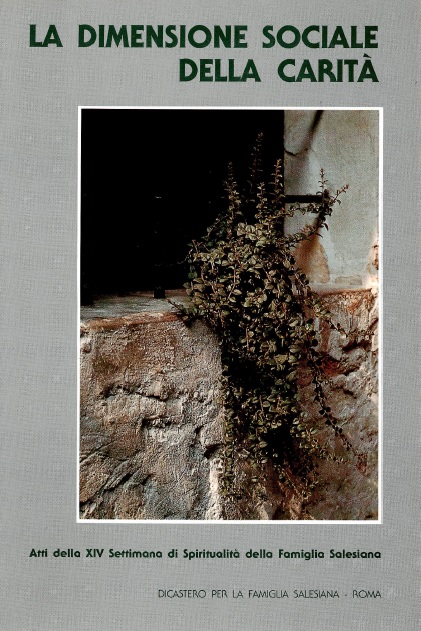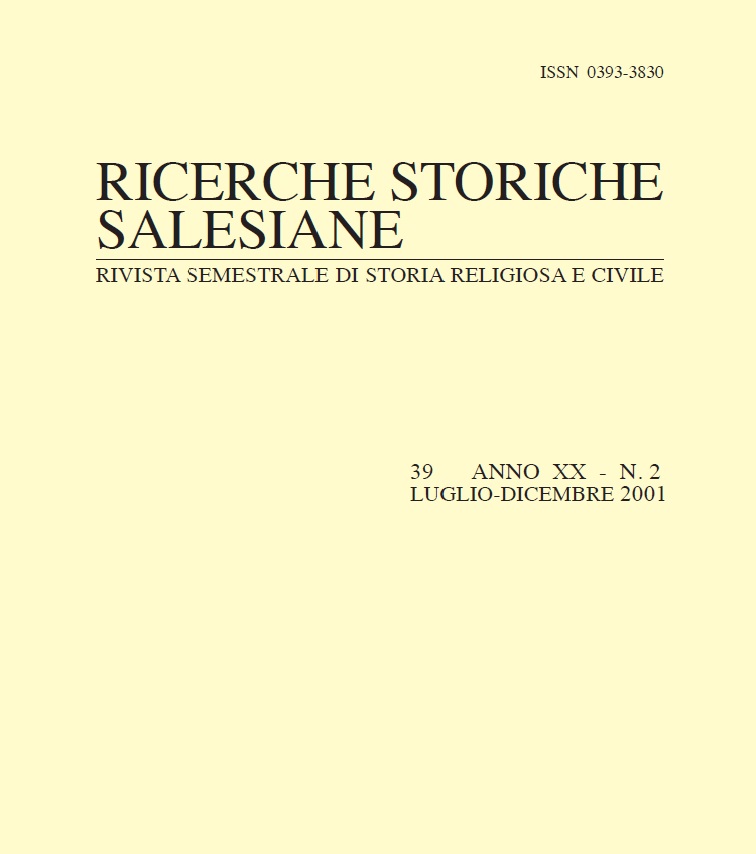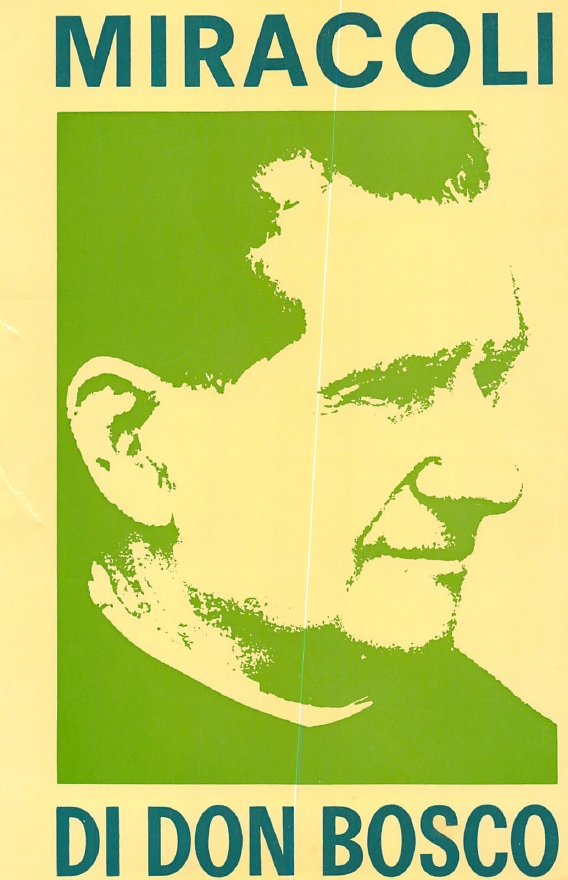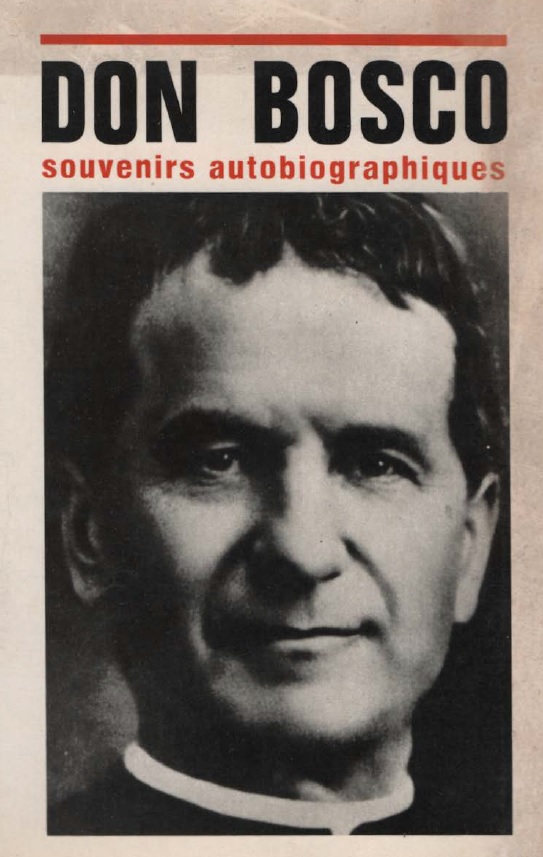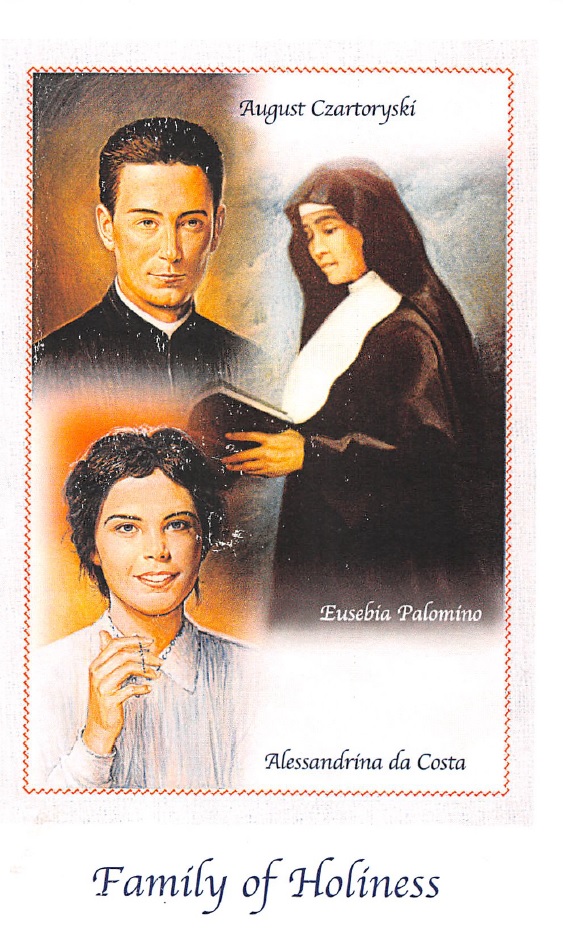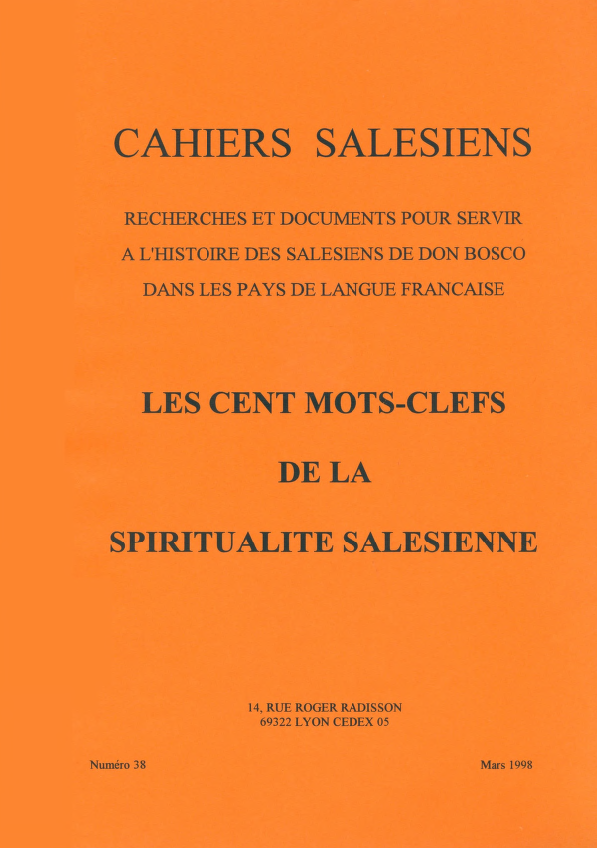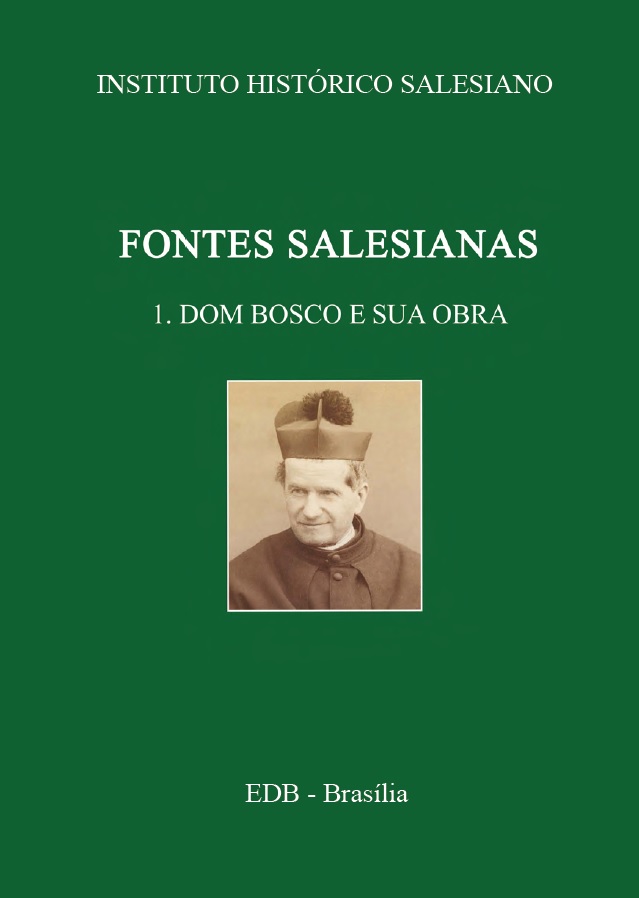The idea of writing these profiles originated from the author’s previous successful projects. He felt unsure about his next endeavor until he sought inspiration from Father Philip Rinaldi, who suggested gathering the deeds and sayings of early exemplary coadjutor brothers of their Society. Despite limitations due to age, the author decided to focus on coadjutor brothers formed by and living with Don Bosco in Italy. Continue reading “Eugenio Ceria – Profile of thirty-three salesian coadjutor brothers”
